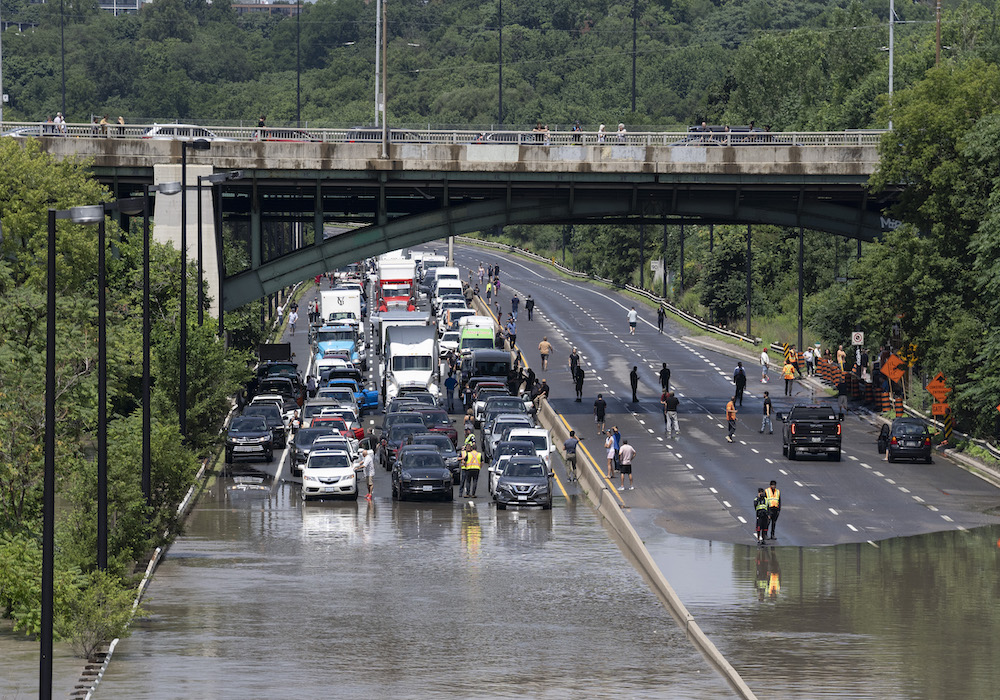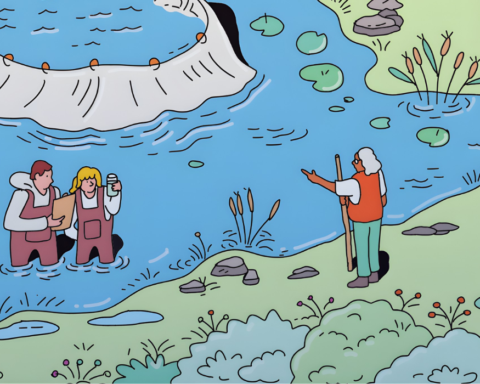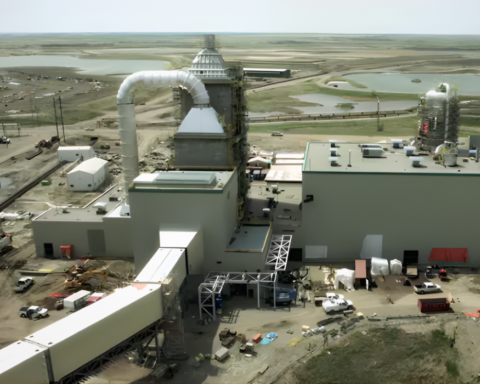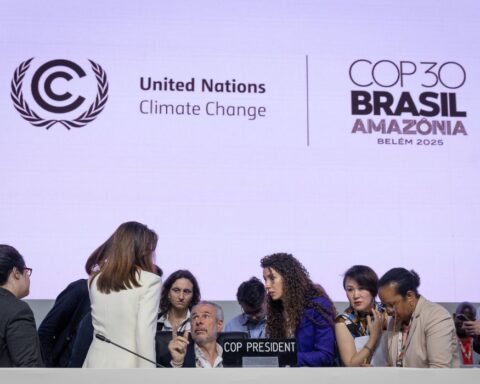Twenty-twenty-four will go down as the most expensive ever for home insurance claims in Canada – so far. Unfortunately, insurance companies will pass along those costs to Canadians in the form of higher premiums in 2025, adding to already inflated levels endured over the past decade. We are trapped in a climate-driven cycle of bigger impacts, higher claims and higher premiums. And the insurance industry is partly to blame.
Insurers paid out a record-breaking $7.7 billion for extreme weather claims in 2024, including for flooding, wildfires and hailstorms. This doubled last year’s total. Summer alone saw 228,000 insurance claims, a 406% increase compared to the 20-year average. Insured losses often cover only a fraction of the damages. For example, many Torontonians lack overland flood insurance, so the $1 billion from this summer’s southern Ontario floods represent only a quarter to a third of the total cost. Yet consumers are still warned to expect premium increases.
As profit-seeking entities, insurance companies pass these costs on to their clients. Home and mortgage insurance rates have climbed by nearly 350% over the past two decades, outpacing every other shelter-related cost, including electricity and rent. Saskatchewan and Alberta have seen the steepest increases this decade, at 106% and 90% respectively. But even provinces with fewer climate-related damages have experienced home insurance inflation, with a 7.7% rise across Canada this year.
Higher premiums are just the start. Insurers are also retreating from the most vulnerable areas. Over the summer, Aviva Canada announced it would phase out its direct-to-consumer home insurance business in Alberta, and Desjardins won’t provide new mortgages for properties with more than 5% chance of flooding in Quebec. This mirrors a troubling trend in the United States, where insurers are pulling out of states like Florida and California. If this continues, Canadian homeowners face an unsettling future where some homes are uninsurable and lose their value.
The Canadian insurance system isn’t prepared for this escalating crisis. A simulation of a one-in-100-year flood event estimated $9.1 billion in residential damage in Vancouver, $6.1 billion in Montreal and $1.6 billion in Calgary. This year has shown that these catastrophic scenarios are no longer hypothetical. They are here now and getting worse unless we change course.
International comparisons reveal another reality: Canadians pay more for property insurance than nearly any other wealthy nation. Canada spends 1.23% of gross domestic product on property insurance premiums, almost double the average of 0.66% in the Group of Seven countries. It’s not surprising to hear that over the past five years, more than 10,000 Canadians have turned to crowdfunding when disaster strikes.
While the insurance industry recognizes the central role of climate change and preaches adaptation, it is silent on its own complicity. Canadian insurers invested more than $19.5 billion in fossil fuels in 2023, fuelling extreme weather and damages to property. Toronto-based Fairfax Financial ranked as the fifth-largest underwriter of fossil fuels globally.
Meanwhile, the insurance industry is seeking government support, such as a national flood insurance program and government backstops. Taxpayers would be right to ask that insurance companies stop contributing to the problem as a condition for assistance.
Globally, insurance companies like Allianz, Zurich, Munich Re, Suncorp, Generali and others are aligning themselves with net-zero by halting the underwriting of fossil fuel expansion. Yet no Canadian insurer has made such a commitment, and few have even published plans to achieve net-zero. Governments must intervene to ensure that the insurance industry cleans up its act, particularly if they are being asked for help.
Canadians need a more honest conversation about the costs of climate change. Climate disasters are growing in scale and frequency, and this is showing up in our insurance bills and food costs. Simplistic slogans like “Axe the tax” sow confusion and do nothing to tackle climate-driven inflation.
The coming year will bring both provincial and federal elections. As voters, homeowners and taxpayers, Canadians must demand better from insurers and governments alike. Rising premiums and shrinking coverage are not inevitable; they’re the price of inaction.
Kiera Taylor is a senior analyst with Investors for Paris Compliance, a shareholder advocacy organization that holds Canadian companies accountable to their net-zero commitments.







